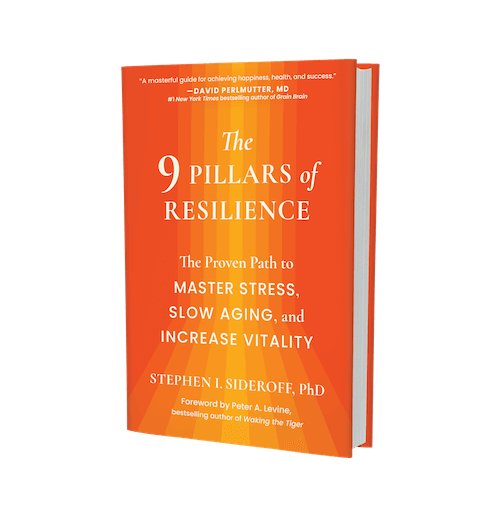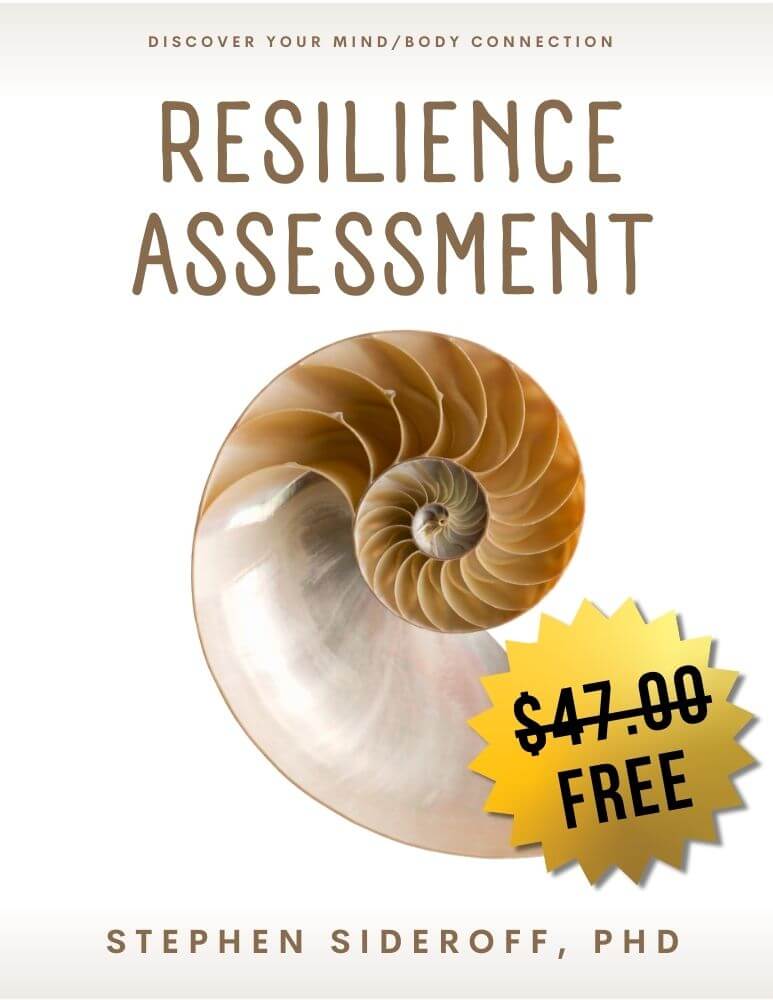Posted in Psychology Today November 5, 2015
Coping abilities are challenged during the holidays. It can be an emotional time, a stressful time. In my practice I frequently encounter clients bracing themselves; whether it’s about their encounters with family, the cost of gifts and other financial crunches, the pressures of advertisers or simply the awareness that another year is coming to an end and how this brings unfinished business into focus. For these reasons it’s good to plan ahead and create more effective coping strategies to become more “Holiday resilient.”
Your preparation can be facilitated by following the nine dimensions of my model of resilience. I will focus on three of these in this blog. The first component is your relationship with yourself, which is at the foundation of resilience. Preparing for the holidays can begin with examining how you treat yourself. What do you notice about your internal voice; that voice you hear 24/7? For example, are you kind to yourself or judgmental? It’s easy to find fault for not getting it all right. However, you don’t want to make the holidays more difficult by being hyper-critical or by making unreasonable demands on yourself. Recognize that a healthy relationship with yourself means being accepting, supportive and compassionate. It’s never okay to put yourself down. Of course you always want to do your best, but once you do that, be accepting. And if you make a mistake, instead of beating yourself up, use this as an opportunity to learn from it, so you do a better job the next time.
Relationship with others is the next component of my model and important in your focus on having a resilient holiday. It’s easy to become stressed by the conflicting demands and expectations of others during this time. My first suggestion is for you to spend as much time as possible with supportive, loving and accepting people. Think carefully about who you decide to spend your time with. When you must be with critical or negative people (such as family members you can’t avoid) make sure that you don’t buy into their messages, or their expectations. Here is an important place to begin establishing your own healthy rules of life and begin breaking away from the lessons of your childhood that are usually not accurate. Those old rules are what I refer to in my book as your Primitive Gestalts, because they are the earliest lessons you learned about yourself and the world around you. For example, you may be in a relationship with someone who is expecting you to take care of them emotionally — putting more demands and stress on you. It may even fit with your own demands on yourself. But here, you are probably responding to lessons from your childhood. One technique to determine a healthy perspective is to imagine that a close friend whom you love comes to you for advice on how to handle the same demand or expectation. What advice would you give to them? It would be good for you to take in this same information for yourself.
To help you in this process consider the Golden Rule: do unto others as you would have them do unto you. In this case, the reverse is also a guiding principle: don’t allow others to do unto you, what you wouldn’t do to them. This is part of taking care of yourself. Consider also, setting an invisible boundary around yourself when you are with negative or critical people. This is your safe perimeter and you don’t allow harmful words or actions to enter. In fact it’s helpful to actually visualize the words coming toward you and hitting this barrier and falling harmlessly to the ground.
The next component that is so important for resilience during this time of year is my eighth component, flexibility. I see more people become upset because things are simply not going the way they thought they would or wanted them to. Much of the time how things are going is not really bad, but we can get upset by focusing on how we wished they were. “Why didn’t he do it this way?” Flexibility means that you “go with the flow” and find what there is to appreciate about an experience rather than what you don’t like. During the holidays, if your desires are thwarted, think of how you can make adjustments and find acceptance and even joy in the way things are.
If you have a question about holiday stress, please let me know and I’ll respond in my next blog.

